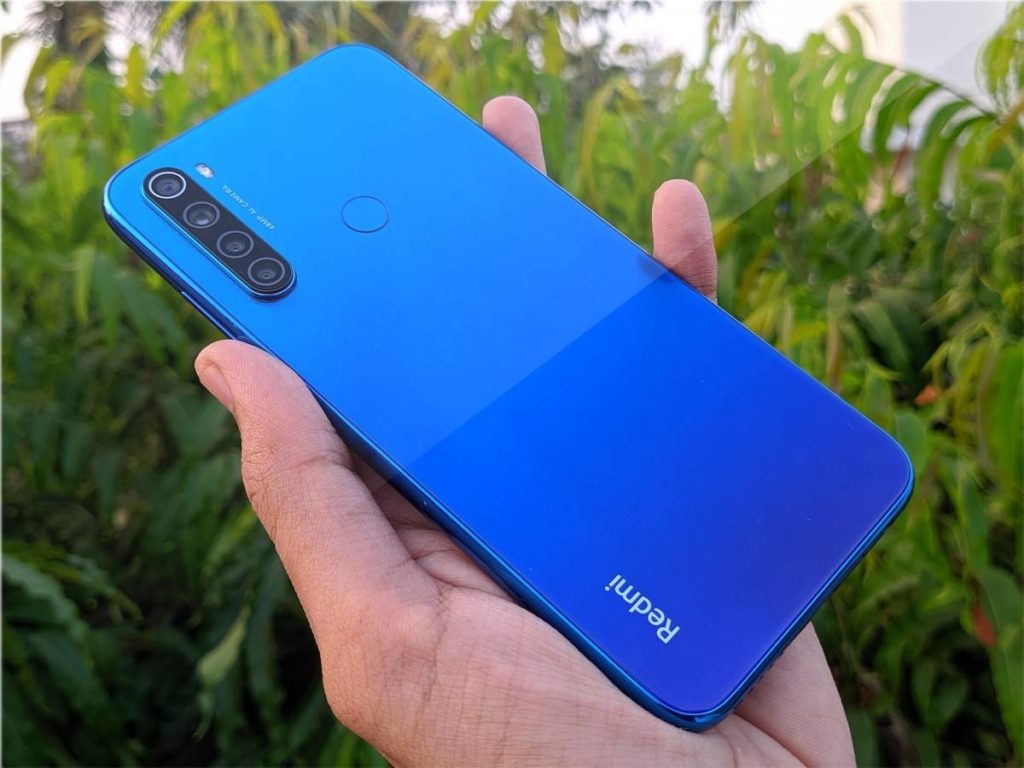Security researcher accuses Redmi Note 8 of collecting private data

According to data analysis by market research agency Canalys, Redmi Note 8 is one of the best-selling Android smartphones in 2019. Recently, however, a security researcher accused Xiaomi’s mobile phones and web browsers of collecting user privacy data, such as details of which apps and files were opened. In a blog post on Friday, Xiaomi responded that these statistics are for optimizing program response and performance, and do not involve identifiable identity information.
The OS update will take place simultaneously with the release of the MIUI 12 proprietary shell
Xiaomi is quite actively updating its smartphones with the latest versions of Android. However, she also has annoying delays. Not lucky, for example, users of the smartphone Redmi Note 8.
Redmi Note 8 became the world’s best-selling Android smartphone in the fourth quarter of 2019. However, Redmi Note 8 users still haven’t got Android 10.
However, now they have the hope of updating in the foreseeable future. True, it will take place not with the next MIUI 11 update, but with the release of the new MIUI 12 proprietary shell. Beta versions of Android 10 are already being tested for Redmi Note 8, as well as Redmi 8 and Redmi 8A.
On Thursday, Forbes quoted multiple security researchers as saying that the company was collecting network history and phone data, such as the unique number of the Android version that could sadly be used to identify special devices.
Security researcher Gabi Cirlig told Forbes that a specific user can be identified by combining the collected data with an identification number.
And red rice Note the default browser on the 8 records any site visited by the user, including the content of each search engine queries and news feeds feature in the view.
Even when browsing in incognito mode, this tracking does not seem to stop. In addition, there are opened folders and screen sliding information, and these data are sent to the Alibaba Cloud server leased by the company.
Although third-party browsers such as Google Chrome and Mozilla Firefox are also collecting aggregate user information, including URL access, these manufacturers have also published details on how to protect data.
Google says that Chrome will collect ‘anonymized random data’ of usage that has nothing to do with user identifiers.
Mozilla also launched a program in 2017 to collect usage data of Firefox users and protect it through privacy differentials to increase the difficulty of locating specific personal data.
However, Xiaomi argued that Forbes misunderstood the company’s data privacy principles and policies and denied any wrongdoing. Because only the user has enabled this feature in the settings, the history of the web browser will be synchronized.
Xiaomi regards user privacy and security as the top priority, and we will strictly abide by user privacy protection laws and regulations worldwide.
Of course, whether it is Apple iOS or Google Android mobile operating system, privacy issues are inevitable.
Normally, researchers have to delve into these devices to see how third-party apps collect and send data about user location and usage to advertisers
Also Read:
Break rumors! Apple CEO Cook talk about iPhone 12
Leak: HP Omen gaming notebooks with AMD Ryzen 4000 showed up






